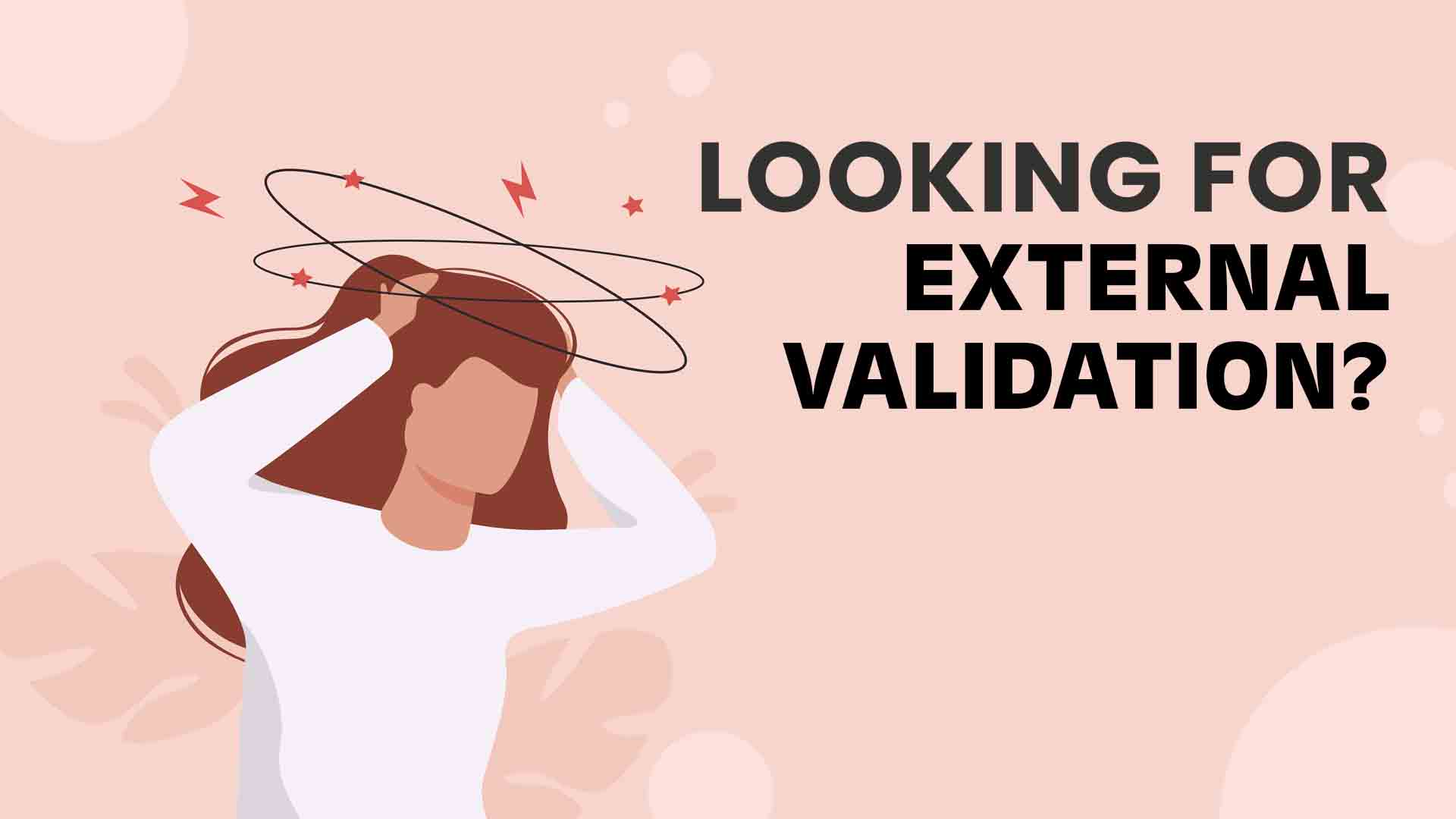Care about other people’s approval, and you will always be their prisoner. – Lao Tsu
Why does it matter what others say? After all, we are the ones who will live with the consequences of our choices and we can believe that our own opinions of our choices are more significant, however, it is still hard to let go of the need for external opinions and, specifically, for external validation, a positive reception of what we do.
1. We need validation as social beings, but only to a point
First, it’s important to address that living with no validation is hard for most people. Receiving no support and being judged and criticized is unpleasant, and finding validation from other people can help us feel motivated and welcomed.
However, it can become a problem when our actions become dependent on external validation rather than our own needs and desires. A search for validation can reduce our freedom to make choices and force us to limit ourselves in everything we do to make sure others don’t look down on us and our choices.
2. It’s sometimes easier to believe other people
It can be easier to accept something as true, in particular, when we have trouble believing our own accomplishments. Even if we have lost weight, we might not feel the impact unless other people note it. But this makes us hugely dependent on the opinions of other people and their willingness or unwillingness to recognize our achievements.
When we wait for others to notice, we are ceding them the power of making things real for us. While it’s natural to expect others, especially our friends and loved ones, to recognize and support our positive changes, expecting them to make it real can make us too dependent and give others power over our lives they should not have.
3. Validation ties into control
If other people know that we expect their validation, they might feel responsible and entitled to dictate some aspects of our lives. People might feel that they have the right to influence our decisions, because we are giving them this power, and that can lead to trouble. Everyone will have different opinions about what is best for you and what a good life looks like.
For instance, your parents might have your best interests at heart but not recognize aspects that you enjoy or need as important or useful. Many people, for example, still struggle to accept remote work or freelance work, which has become normalized, or don’t view certain industries or fields as valid career choices.
If we let others make decisions, they will use their best judgment to try and control our lives, withholding or providing validation depending on the situation. But this doesn’t mean that they will know what is best for us and guide us towards it. We should not give others that much power.
4. It shows a lack of confidence
Validation can often compensate for our lack of confidence. If we are not certain in our choices, we let others decide whether these were good or bad and use that information to change our behaviors. However, instead we should focus on building our own confidence.
People won’t always approve of our choices, even if they were good choices and were good for us. We can’t always rely on other people to tell us what was right and wrong for ourselves, rather, we should try to build up the confidence to make these decisions on our own.
5. Accept the consequences
Letting go of external validation means that you won’t always receive support or praise, and that is fine. It means that we allow ourselves to make mistakes and to keep going despite this. We become truly free and truly mature when we take the good with the bad and accept the consequences of our actions rather than put the blame on others or let others judge our choices.
We are allowed to make choices others will not like if we think they are best, but we have to be willing to take the consequences that come with those decisions.
External validation can feel good, but it should not be the central factor guiding our decisions. It gives them too much power, so we become disempowered in turn.
Don’t forget to share this article on WhatsApp, Facebook, and Twitter.





